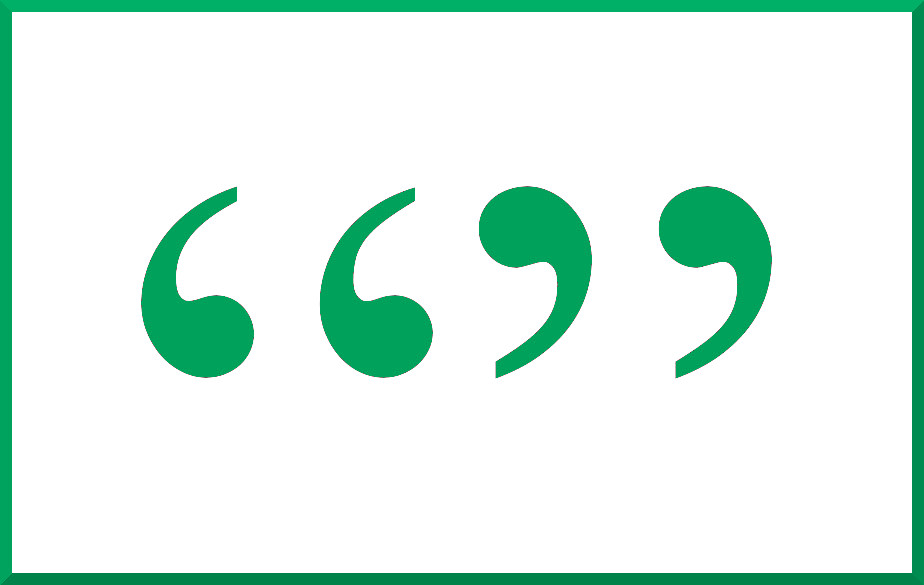Charles Haddon Spurgeon? Apocryphal?

Question for Quote Investigator: Employing quotations enlivens your writings and speeches. The best quotations are forceful, witty, eloquent, authoritative, and persuasive. Here are three versions of a pertinent statement:
(1) You will never be quoted if you never quote.
(2) He who never quotes will never be quoted.
(3) He who never quotes, is never quoted.
This remark has been credited to a famous preacher. Would you please help me to trace it?
Reply from Quote Investigator: In 1863 the popular English preacher Charles Haddon Spurgeon delivered a sermon at the Metropolitan Tabernacle in London. Spurgeon spoke about the necessity of reading and quoting. Boldface added to excerpts by QI:1
The man who never reads will never be read; he who never quotes will never be quoted; he who will not use the thoughts of other men’s brains proves that he has no brains of his own! Brothers and sisters, what is true of ministers is true of all our people. You need to read.
Below are additional selected citations in chronological order.
In 1905 “The Westminster Gazette” of London printed the quotation as a filler item without attribution:2
“The man who never reads will never be read; he who never quotes will never be quoted; he who will not use the thoughts of other men’s brains proves that he has no brains of his own.”
In 1912 the “Raleigh Christian Advocate” of North Carolina reprinted part of Spurgeon’s 1863 sermon while crediting the preacher. Thus, the quotation achieved further distribution.3
In 1954 “Quote: The Weekly Digest” of Indiana printed a streamlined version of the saying in a banner at the top of a page:4
“He who never quotes, is never quoted”
Charles Haddon Spurgeon
In 1967 “Quotemanship: The Use and Abuse of Quotations for Polemical and Other Purposes” by Paul F. Boller Jr. printed the following passage:5
But the handiest source for the latest words of wisdom emanating from the world’s notables and quotables is Quote, the Weekly Digest, published in Richmond, Indiana, whose motto, taken from Charles Haddon Spurgeon, is: “He who never quotes, is never quoted.” Quote quotes and is in turn quoted—by newspaper columnists, toastmasters, after-dinner speakers, and by goodness knows who else.
In 1971 the saying appeared in the preface of “Bartlett’s Unfamiliar Quotations”:6
He who never quotes is never quoted.
Charles Haddon Spurgeon
In 1995 the saying appeared in “Who Said That?: More than 2,500 Usable Quotes and Illustrations” compiled by George Sweeting:7
Early in my ministry I noticed the power and impact of quotations and illustrations. The eloquent Charles Haddon Spurgeon commented, “He who never quotes, is never quoted.”
In conclusion, Charles Haddon Spurgeon deserves credit for this statement based on his 1863 sermon. The most common phrasing has been slightly compressed over time.
Image Notes: Quotation marks from Gimp (GNU Image Manipulation Program).
Acknowledgement: Great thanks to the anonymous quotation enthusiast whose inquiry led QI to formulate this question and perform this exploration.
- 1863, Spurgeon’s Sermons: The Metropolitan Tabernacle Pulpit by Charles Haddon Spurgeon, Volume 9, Sermon 542: Paul — His Cloak and His Books — II Tim. 4:13, Delivered on Sunday Morning, November 29th, 1863 at The Metropolitan Tabernacle, Newington, Start Page 1103, Quote Page 1115, Collated and compiled by the Classic Christian Library. (Verified with scans of reprint) link ↩︎
- 1905 January 21, The Westminster Gazette, (Filler item in box), Quote Page 6, Column 3, London, England. (British Newspaper Archive) ↩︎
- 1912 January 4, Raleigh Christian Advocate: Organ of the North Carolina Conference, Number 47, Paul: Book-Lover by Charles H. Spurgeon, Quote Page 16, Column 2, Raleigh, North Carolina. (Verified with scans in archive.org) link ↩︎
- 1954 April 25, Quote: The Weekly Digest, Volume 27, Number 17, (Banner at top of page), Quote Page 3, Published by Maxwell Droke, Indianapolis, Indiana. (Verified with scans) ↩︎
- 1967 Copyright, Quotemanship: The Use and Abuse of Quotations for Polemical and Other Purposes by Paul F. Boller Jr., Quote Page 8, Southern Methodist University Press, Dallas, Texas. (Verified with hardcopy) ↩︎
- 1971, Bartlett’s Unfamiliar Quotations by Leonard Louis Levinson, Topic: Preface, Quote Page vii, Cowles Book Company: Henry Regnery Company, Chicago, Illinois. (Verified with scans) ↩︎
- 1995, Who Said That?: More than 2,500 Usable Quotes and Illustrations, Compiled by George Sweeting, Section: Introduction, Quote Page Unnumbered, Moody Press, Chicago, Illinois. (Verified with scans) ↩︎